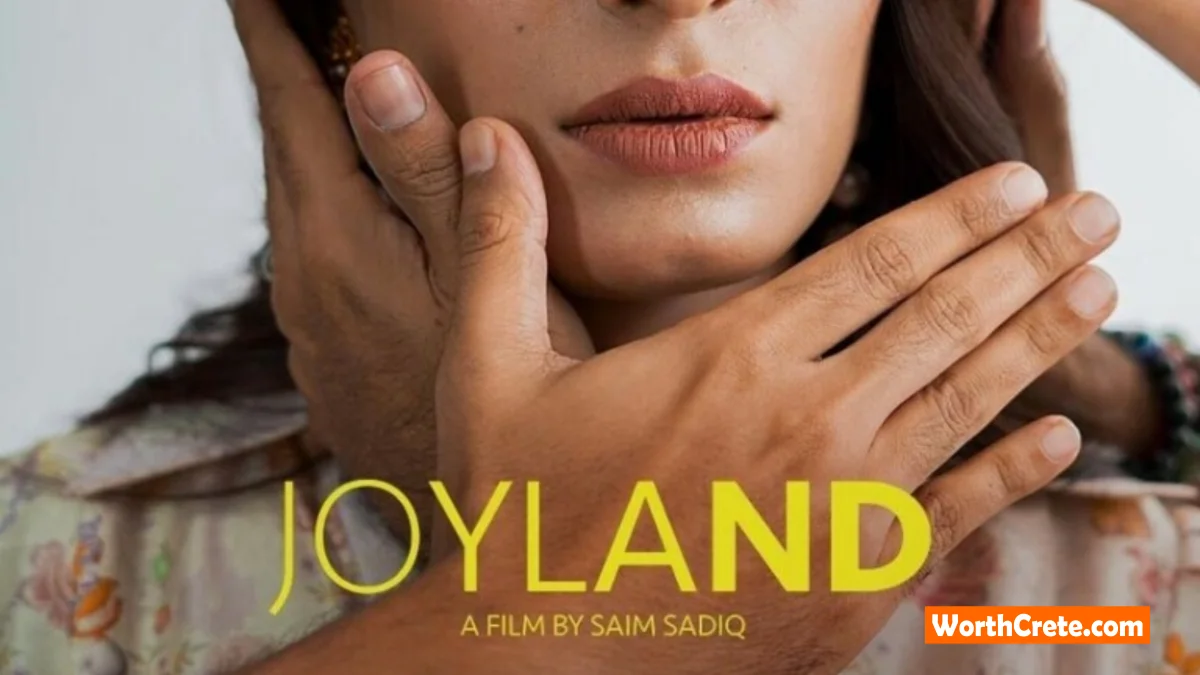Sometimes it happens that the drama surrounding the films overwhelms the merits and demerits of the films and this is a common thing in Pakistan. In Pakistan, watching movies is a popular form of entertainment. There are many cinemas and multiplexes across the country that show both local and international films.
The Pakistani film industry, known as Lollywood, produces a wide range of genres, including action, drama, comedy, and romance. Pakistani audiences also enjoy watching Hollywood and Bollywood films. In recent years, streaming services such as Netflix and Amazon Prime have become increasingly popular in Pakistan, providing access to a wide variety of movies and TV shows.
How much money a movie earned, scandals of its actors, awards of the film or quarrels between the filmmakers, these things continue to adorn the news all over the world, but in our country, another drama is added: that of the censor.
Joyland is a film with many characters and I really wanted the audience to get intimate access to their emotions.
Saim Sadiq
1. 1. Joyland with a Censored Certificate
Censor certificate is more talked about than film these days, although getting a censor certificate does not mean much here. It can be withdrawn even after receipt and receipt does not guarantee that the film will be screened in cinemas.
A similar drama has happened with the movie Joyland, which has been seen and heard by more people than the movie itself. There is a lot to discuss about this sensor ‘soap opera’ but today I will try to forget it and just talk about the movie.
Written complaints were received that the film contains highly objectionable material which do not conform with the social values and moral standards of our society and is clearly repugnant to the norms of ‘decency and morality’ as laid down in the Section 9 of the Motion Picture Ordinance, 1979,” the order states.
“Now, therefore, in exercise of the powers conferred by Section 9(2) (a) of the said Ordinance and after conducting a comprehensive inquiry, the Federal Government declares the feature film titled ‘Joyland’ as an uncertified film for the whole of Pakistan in the cinemas which fall under the jurisdiction of CBFC with immediate effect.”
Ministry of Information and Broadcasting, Pakistan
2. 2. The Joyland of ‘The Third Sex’
Joyland starts with a birth and ends with a death, but contrary to what you may have heard about the film, its theme is life and a society where small deaths happen every day. Of human desires, of expression, of rights, of caste, of disagreement with traditions, of trying to live life happily and in one’s own style.
The entire society is stuck in this quagmire, whether they are men or women or those who are at least recognized by the law of Pakistan as the third sex.
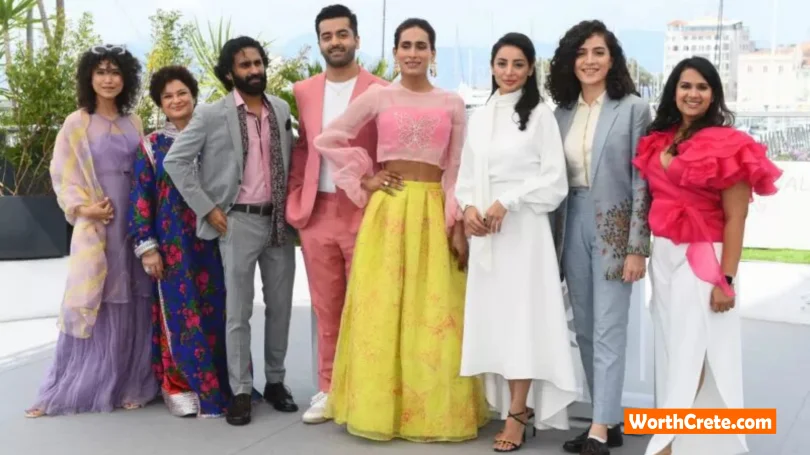
R-L: Producer Apoorva Charan, Rasti Farooq, Sarwat Geelani, Aleena Khan, director Saeem Sadiq, Ali Junejo, Sania Saeed and producer Sana Jaffrey at the screening of the film at the Cannes Film Festival.
3. 3. The Story of the ‘Joyland’
The story of Joyland is about a normal to traditional middle class family where two brothers live with their wives and elder brother’s children with their elderly father Rana Sahib. Father’s order runs in the house and everyone is subject to him. Especially the younger son Haider, who doesn’t even have a job, who is naturally weak and sensitive.
In an early scene, the father (Salman Pirzada) orders Haider (Ali Junejo) to slaughter a goat, and two things become clear from there. One is that such a thing is completely against Haider’s nature, the other is that his wife Mumtaz (Rasti Farooq) is more daring and tough than him and cares about his honor.
In Pakistan we women actors always complain of not being shown as we really are. We say there aren’t enough good parts for women. But the opposite is true too. Or truer. We never really see men either. What we are shown is the devastation they wreak.
Nimra Bucha
When Haider is offered a job in a theater by one of his friends, everyone’s lives are thrown into turmoil. On the one hand, Mumtaz has to leave her salon job at the behest of Rana Sahib so that she can take care of her elder sister Nachi (Taroot Geelani) in place of Haider.
Haider, on the other hand, keeps his job as a stage dancer a secret from the rest of his family except Mumtaz, as such work is considered immoral in his family. Also, his boss, the leader of his dance troupe, is a eunuch Biba (Aleena Khan) whose charm attracts Haider.
4. 4. Film without any Back-Agenda
Contrary to what you may have heard, this film does not have an agenda, nor does it encourage any particular behavior, it is simply a story that reflects some people and their lives – that too. Humans who are common in our society.
Yes, this movie definitely has a point and that is that a stifling society is not a healthy society.
5. 5. Highlights of the ‘Joyland’
The highlight of Joyland is its script. Every scene has been measured and each scene has a purpose, which you sometimes realize after the movie is over.
5.1. 5.1 Joyland without Heroes and Villains
There are layers of meaning in his scenes, which remain a topic of conversation for the viewers after the film. His characters are neither heroes nor villains, all living their lives according to the ideas they were brought up in and the circumstances they live in. This is the sign of a good film.
I also felt the influence of the 2011 Iranian Oscar-winning film ‘Nader Aur Sami: A Separation’ a couple of times because that film too had many layers to a simple story. A couple of weeks ago I watched the movie ‘Mola Jat’ and I am happy to say that after a long time I have seen two Pakistani movies where the hard work on the script is evident.
5.2. 5.2 Joyland with Equally Talented Actors
Another highlight of Joyland is that the acting is equally great. There is not a single character that feels weak or underplayed by the actors.
Well, every actor has played their role well and you expect the same from established actors like Salman Pirzada, Sania Saeed and Sarwat Geelani, but three actors are especially important to mention as they are making their first appearance on the big screen. have come
6. 6. Cast of the ‘Joyland’
Rasti Farooq as Mumtaz
Alina Khan as Biba
Sarwat Gilani as Nucchi
Salmaan Peerzada as Rana Amanullah
Sohail Sameer as Saleem
Sania Saeed as Fayyaz
Ali Junejo as Haider
6.1. 6.1 Aleena Khan – Beba
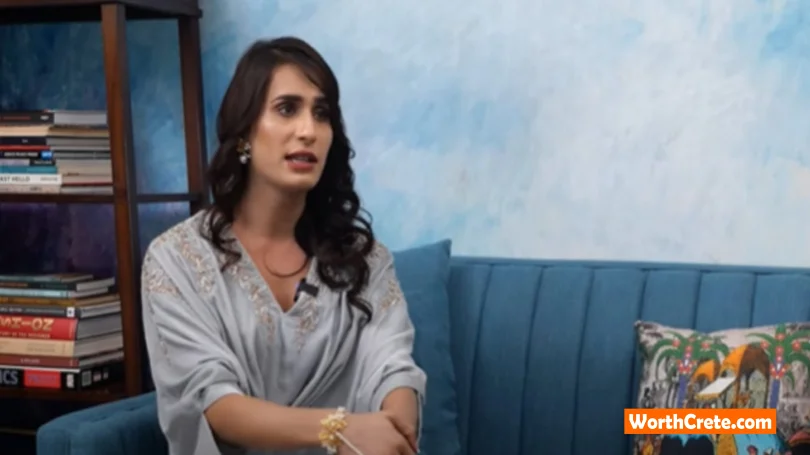
First up is Aleena Khan, who plays Beba. In the role of Aleena Biba, she brings such boldness and charisma that you easily understand why she wins Haider’s heart. Biba has her own problems but she keeps a tough face to fight the world.
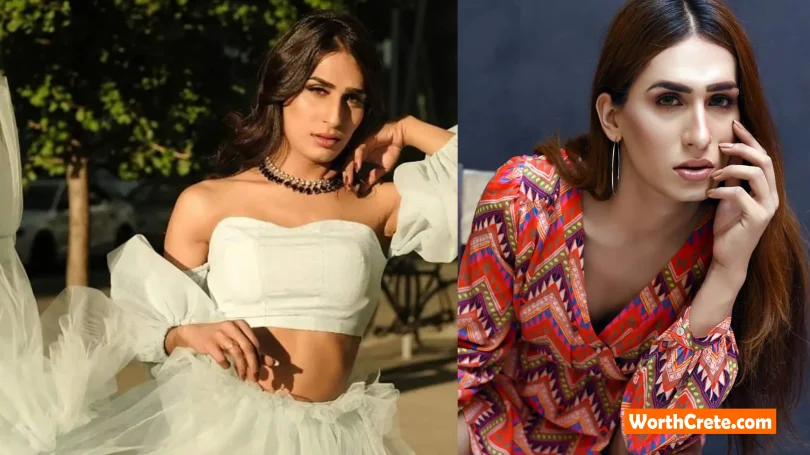
What I loved the most about Joyland is that Biba is shown as a part of the story like any other character. That is how trans people should be treated; a part of everyone’s life like anyone else.
Alina Khan
7. 6.2 Ali Junejo – Haider
The other is Ali Junejo, who perfectly portrays Haider’s sensitivity, fear and hesitation. Haider has also hidden the storm inside him, but he does not have the power to fight the world like Biba.
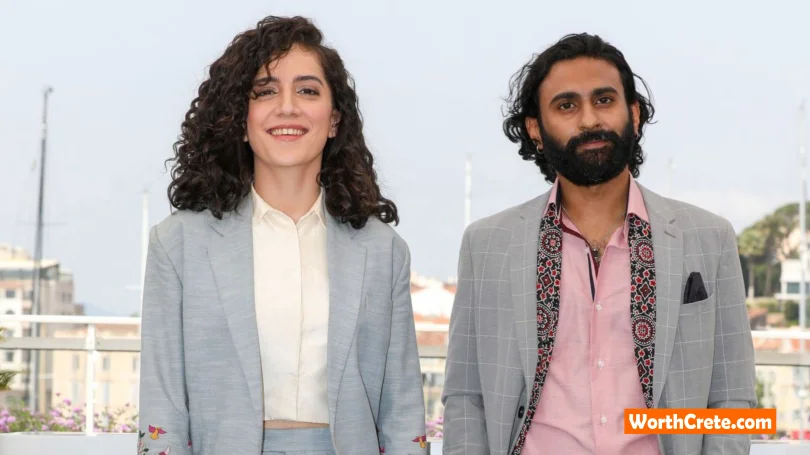
8. 6.3 Rasti Farooq – Mumtaz
And the third is Rasti Farooq, who is so natural in the role of Mumtaz that one does not think that she is acting. Mumtaz’s character is perhaps the most complex as he is a firecracker inside who is bound to explode eventually – an ending that leaves many questions in the minds of the film-goers.
Rasti Farooq was born in the Pakistani city of Lahore, Punjab Province. Rasti enrolled in the Lahore University of Management Sciences (LUMS) shortly after finishing high school. Rasti, who has been interested in performing from infancy, used to take part in many school plays.
9. 6.4 Sarwat Gilani – Nucchi
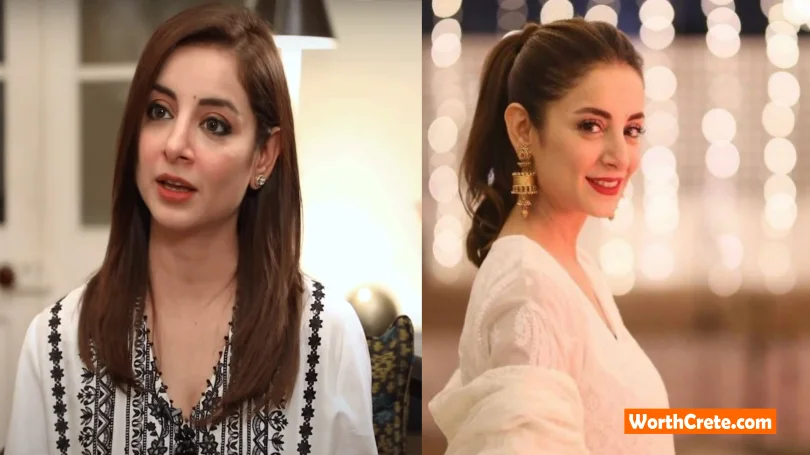
Sarwat Gilani, a Pakistani model, film, television, and voice actress, was born on December 22, 1982. Gilani made her feature film debut in Jawani Phir Nahi Aani, playing a pregnant Pashtun woman opposite Vasay Chaudhary.
Sarwat Gilani is a Pakistani actress and model known for her roles in television dramas such as “Meri Zaat Zarra-e-Benishan,” “Mere Qatil Mere Dildar,” and “Mere Meherbaan.” She has also appeared in films such as “Wrong No.” and “Wajood.”
She is married to actor Fahad Mirza and has two children. She is known for her beauty and acting talent and has received numerous awards for her work. She is also involved in various humanitarian and environmental causes.
9.1. Social Life – Sarwat Gilani
10. 6.5 Sania Saeed – Fayyaz
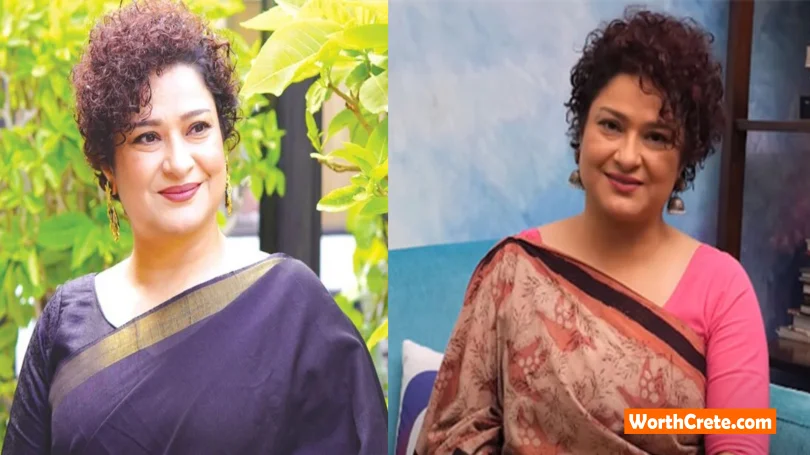
Sania Saeed is a Pakistani actress and television personality who was born on August 27, 1972. Saeed, who mostly works in television and theatre, has received multiple awards, including two PTV Awards, three Hum Awards, and four Lux Style Awards.
Sania Saeed is a Pakistani actress and television host known for her roles in television dramas such as “Dhoop Kinare,” “Tanhaiyan,” and “Aangan Terha.” She has also hosted several talk shows, including “The Sania Saeed Show” and “Hum Sab Umeed Se Hain.”
She is married to actor and director Fayyaz and has two children. She is known for her versatility and acting talent and has received numerous awards for her work.
10.1. Social Life – Sania Saeed
11. 6.6 Saim Sadiq – Writer and Director
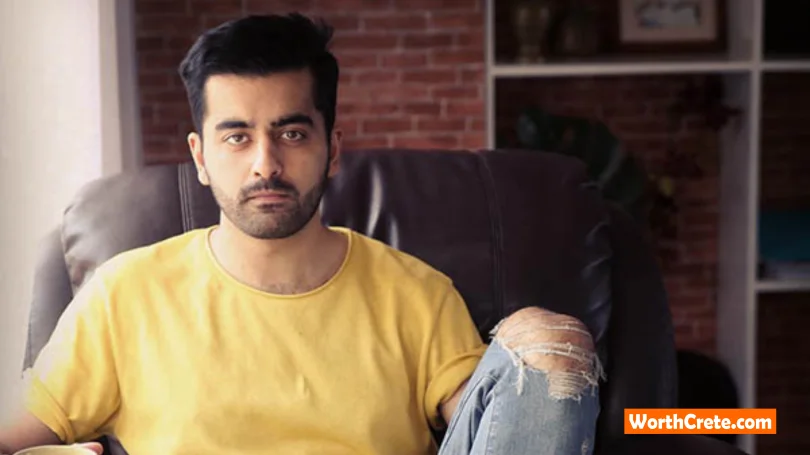
But in the end the real credit goes to the writer and director Saim Sadiq who wrote and made such a great film and managed these actors.
Saim Sadiq is a Pakistani director who earned the Un Certain Regard Jury Prize at the 2022 Cannes Picture Festival for directing the drama film Joyland, the first Pakistani film to be selected.
It really has been a fun journey—but I really don’t know what I am doing, where I am going next!
Saim Sadiq
11.1. Social Life – Saim Sadiq
12. 7. What about the ‘Censored Content’?
Joyland has three short scenes cut and two scenes blurred, even though the film has already been certified as mature.
In cut scenes, two scenes do not make much difference to the story, but missing one scene may confuse the audience to some extent.
13. 8. Final Words
This is a movie that will linger in your mind for a long time. I wish people would watch the movie instead of doing politics on the movie
Several years ago I participated in a conference on censorship. One line from a poster at that conference stuck with me, and I think his idea is particularly relevant to today’s environment—that more than the courage to speak, we must have the courage to listen and see.
If you liked this article, then please do share it on the Social Media. If you have a question or suggestion? Then you may leave a comment below to start the discussion.
